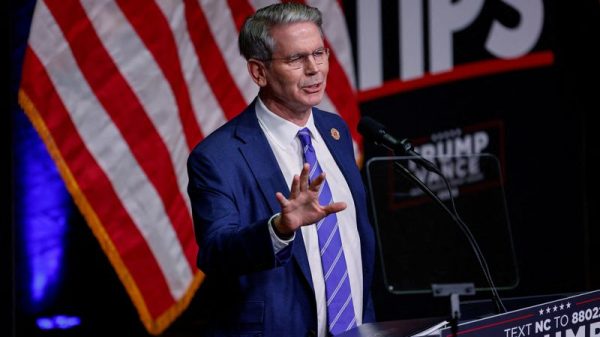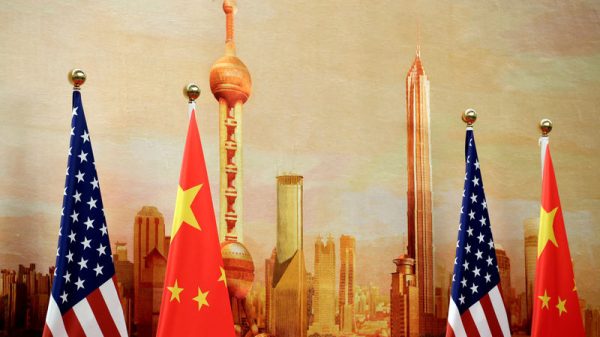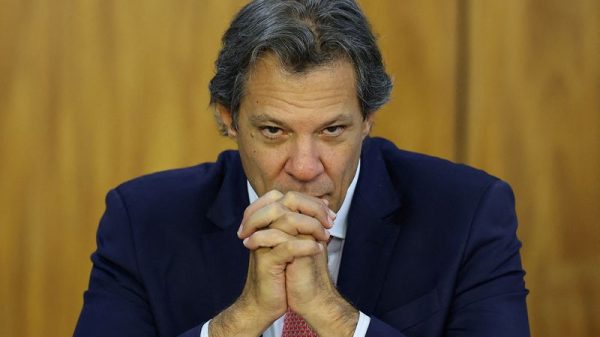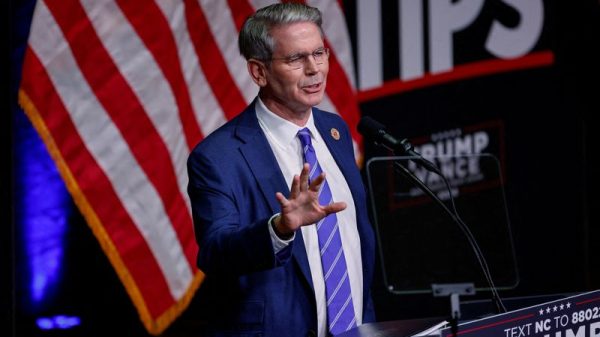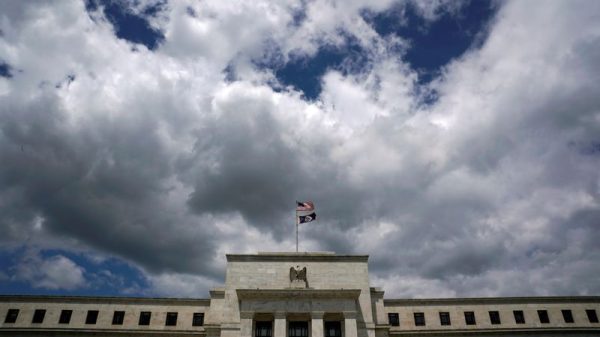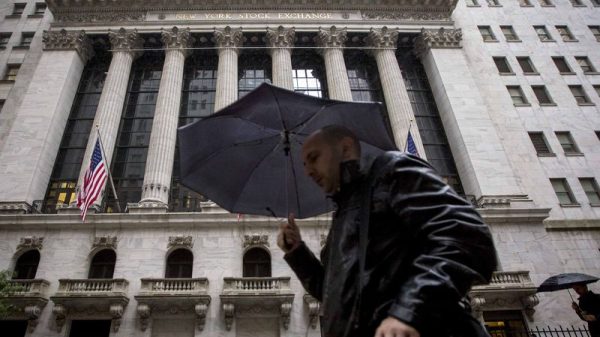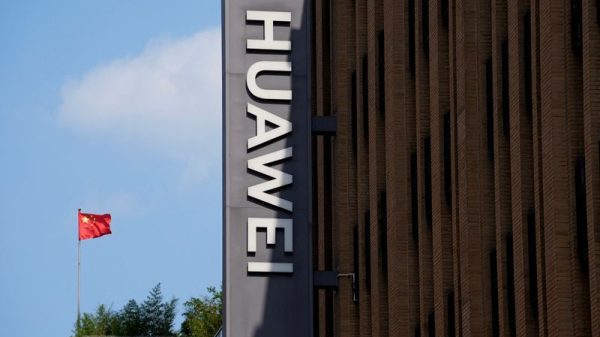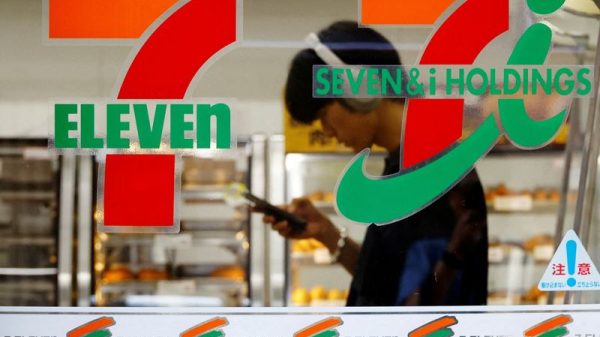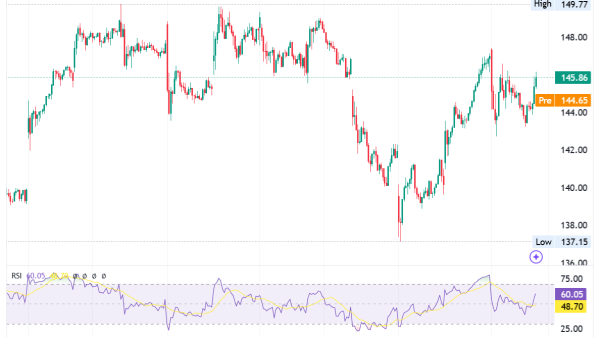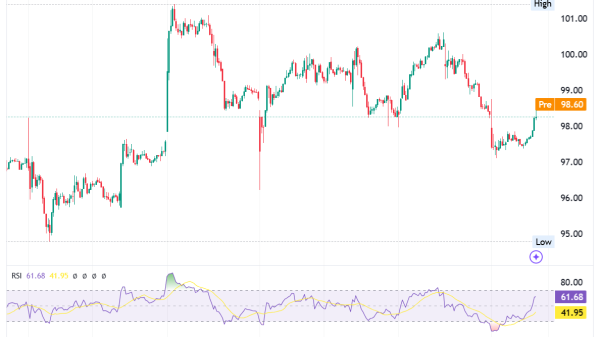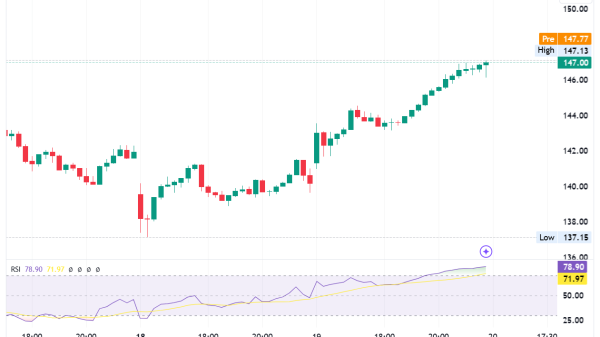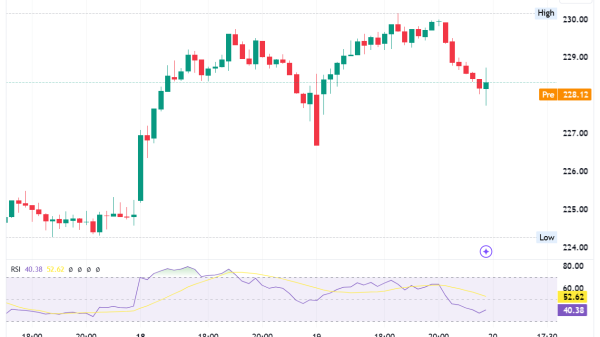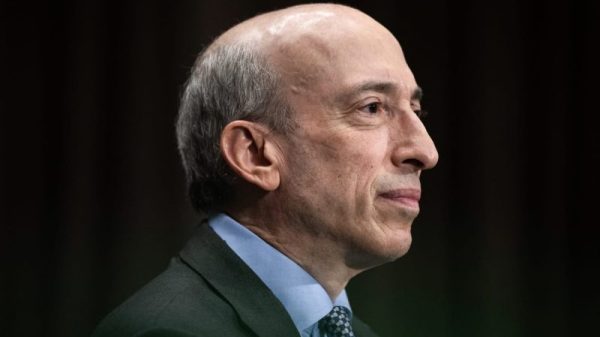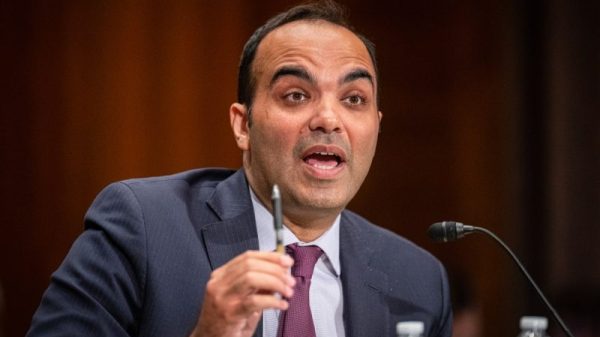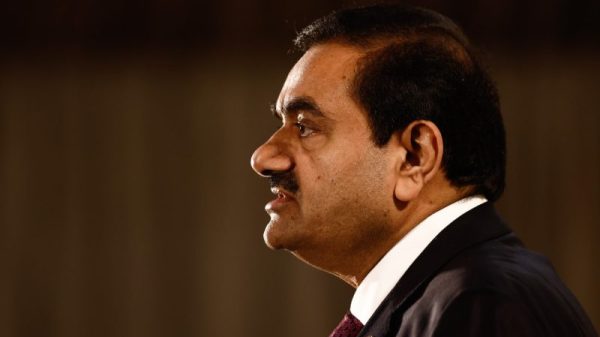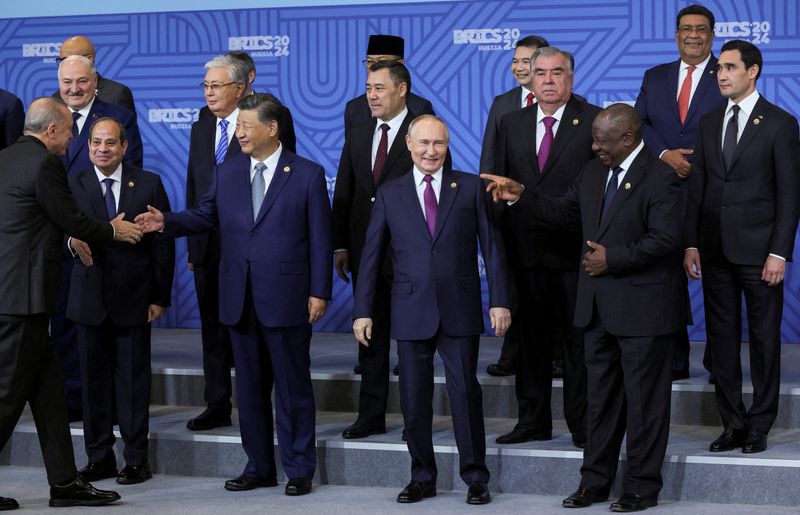(This Oct. 24 story has been refiled to fix a typo in reporting credits and to replace the quote that was wrongly attributed to Shi Yinhong in paragraph 20)
By Mark John and Libby George
LONDON (Reuters) – As U.S. election jitters hung over this week’s meeting of global finance chiefs in Washington, a smiling Vladimir Putin was in the Russian city of Kazan welcoming leaders of countries which together make up nearly half the world’s population.
The BRICS club of emerging economies may be a long way from rivalling the International Monetary Fund (IMF) or challenging U.S. dollar dominance. But the first summit with its new batch of members showed clear signs of its growing weight.
The final communique was long on words and short on detail about creating new payment and trade mechanisms which could by-pass Western-dominated structures – including, notably in Russia’s case, sanctions imposed after its invasion of Ukraine.
But the summit scored a series of diplomatic wins: the presence of U.N. Secretary-General Antonio Guterres and of Tayyip Erdogan, president of NATO member Turkey, which has expressed interest in joining the BRICS group. India and China chose the summit to profile new efforts to nurture ties.
For Putin, the simple fact that so many leaders travelled to Russia for the talks was useful in countering the narrative that his country faces isolation from the global economy.
“They (Western capitals) are not getting the importance of this thing,” said Alicia Garcia-Herrero, a senior fellow at the Bruegel economic think tank. “It’s all signalling that the West is losing power.”
Kazan may not go on to occupy the same place in history as Bretton Woods, the New Hampshire town where 80 years ago the victors of World War Two fashioned a monetary order that would dominate the global economy and consolidate dollar supremacy.
However this week’s talks underlined dissatisfaction with a system seen under-serving much of the world, with a collapse in capital transfers to developing economies over the past decade and emerging countries under-represented in IMF decision-making.
“See how many people are scrambling to apply to join the BRICS,” Mo Ibrahim, a Sudanese-British businessman who runs a foundation that tracks governance in Africa, told Reuters. Putin has said that more than 30 countries have applied.
“People see institutions which are not really representative or democratic – infrastructure established in 1945 or so after the world war, and nothing changes,” added Ibrahim.
The club’s track record has been mixed since Brazil, Russia, India and China launched it in 2006. For one thing, its creation has not yet altered the earlier growth-per-capita path of those four founding nations, calculated Mario Holzner of the Vienna Institute for International Economic Studies (wiiw).
Moreover, the $5 billion in loans which the BRICS’ New Development Bank (NDB) expects to make this year pales next to the $72.8 billion distributed by the World Bank in credits, loans and grants. Other projects remain in their infancy.
“They might be able to establish some kind of money transfer systems which at least on a low level will work but that most likely won’t really be a game-changer,” said Holzner.
HEDGING BETS
Many commentators also note that as the group grows, imbalances in size and influence among member countries and sometimes duelling national agendas will make consensus-building on joint initiatives harder.
But those queuing up to join see it as a de facto trade forum – already accounting for a fifth of global commerce.
“There is a huge upside in sort of linking these corridors,” Pakistan’s Finance Minister Muhammad Aurangzeb told Reuters on the sidelines of the IMF meeting in Washington. “So indeed, we are keen to become a member of BRICS.”
While most observers doubt BRICS’ pact to launch its own payment system will challenge the dollar’s supremacy any time soon, such initiatives appeal to countries who fear their own policies might one day draw Western sanctions.
“You’re kind of geopolitically cushioning yourself against future friction with the West by coming up with this alternative structure,” said Hamish Kinnear, a senior analyst at global risk intelligence firm Verisk (NASDAQ:VRSK) Maplecroft, who described BRICS as “the signal and not the cause of the changing world order”.
Indeed, rather than an outright alternative to the IMF, as some have ventured, many BRICS members and aspirant joiners view it opportunistically as a vehicle for hedging bets in a world facing geopolitical change.
“BRICS is (for China) not a strategic and economic coalition,” said Shi Yinhong, Professor at the School of International Studies at Renmin University of China, noting many BRICS members are also nurturing their ties with the West.

